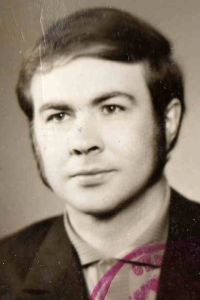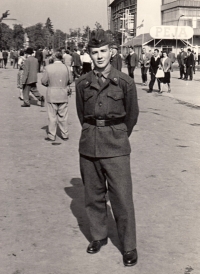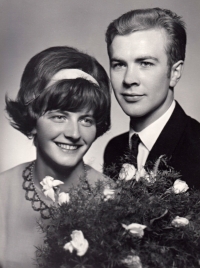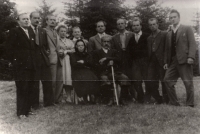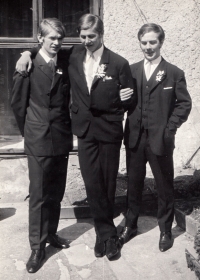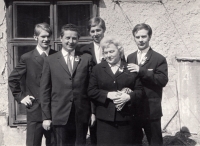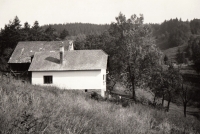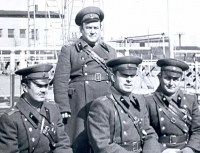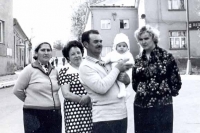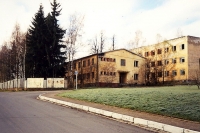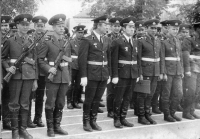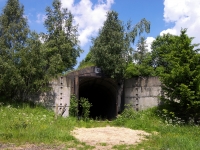Everyone should know and think about their history
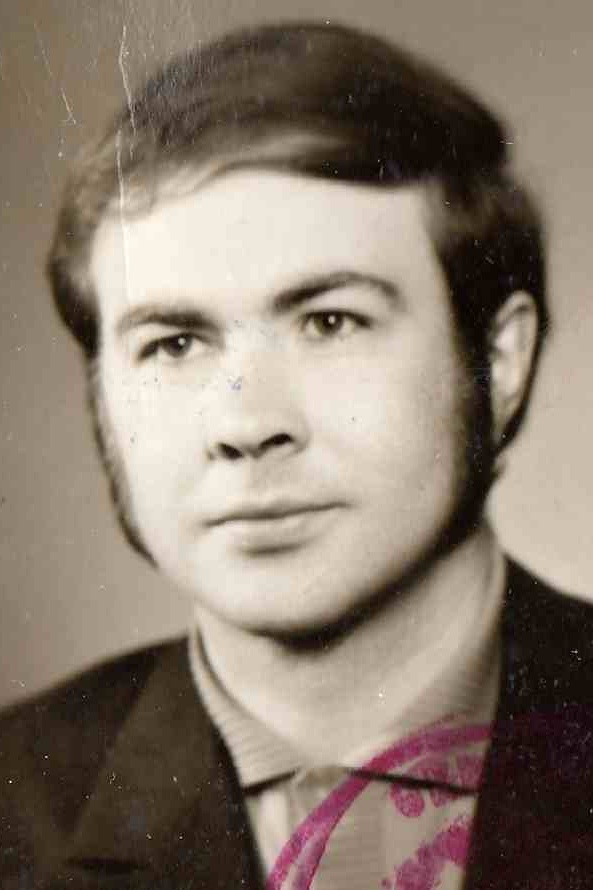
Download image
Jindřich Machala was born on 8 October in a small farm in the village of Hovězí in Moravian Wallachia. In 1946, he moved with his parents and other relatives to Nové Oldřůvek, where there were vacant cottages left by Germans who had been expelled. Before long, they were displaced due to the establishment of the Libavá Military District. First, they moved to Mankovice. Later, he lived with his mother and siblings in Hrubá Voda and in other villages in the vicinity of the military area. He trained as a room painter, and studied the construction industry in the evenings. After completing his military service, he lived in Šternberk worked in a construction company, after which he moved on to the state forests and finally to the Military Forests and Estates. He witnessed the devastating action of the Soviet troops in Libavá. In the early 1990s, he moved to the center of the military district of the city of Libavá. He has been mapping the history of the vanished villages and their inhabitants for a long time. He is the author of the book Kronika Libavska (The Libavsko Chronicles), which has been published in several expanded editions. He founded the beautification association Lubavia which preserves the remains of cemeteries and other monuments of left behind by the original German inhabitants.
